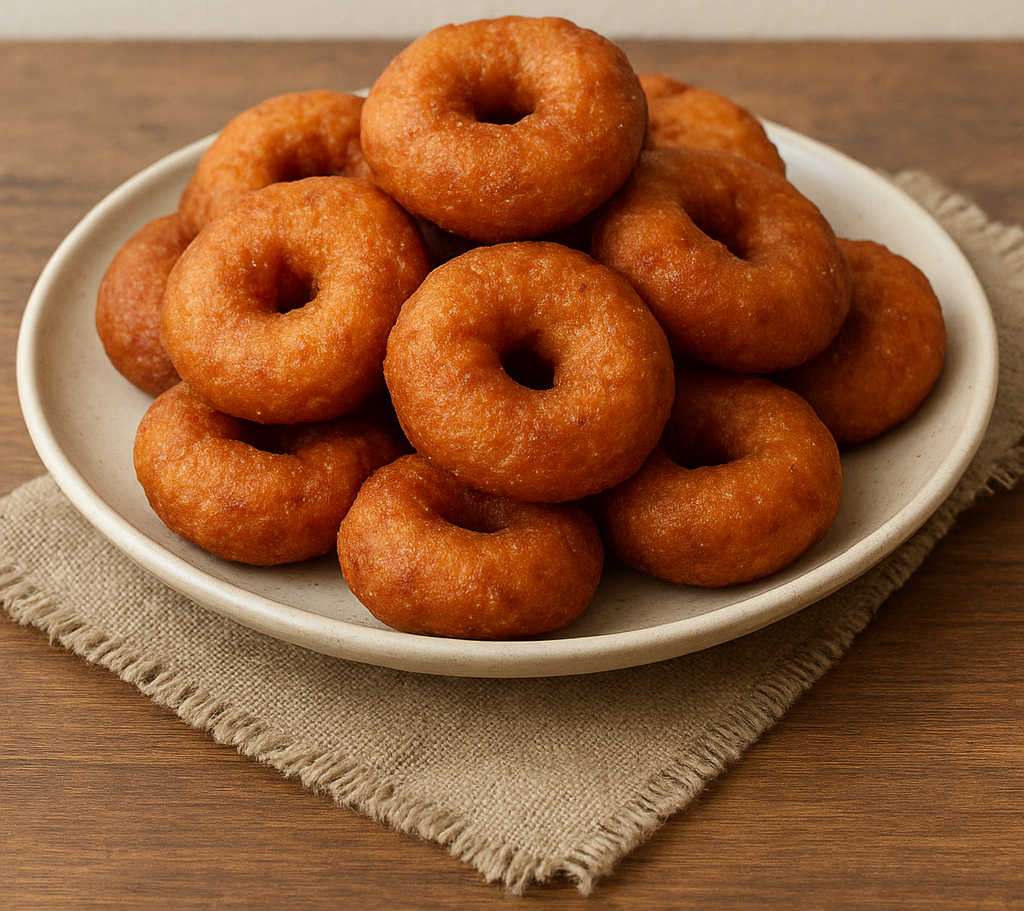Plenty of dangerous chemicals, sometimes germs are found in some takeaway food
Dr Hector Perera London
Fast food restaurants usually have a walk up counter and/or drive-thru window where you order and pick up your food without having to wait long. There is no such thing as a “bad” food, but these are some foods you should try not to have on a regular basis. Because fast food is high in sodium, saturated fat, trans-fat, and cholesterol, it isn’t something you should eat often. The ill effect of fast food and the potential danger that it possesses by its regular consumption is shocking. One of the things is obesity. Regular consumption leads to increase in cholesterol levels, nutritional deficiencies, cardiac disorders, loss of muscle mass, depression and even sexual dysfunction. Soaked in trans-fat and loaded with calories, fast foods are labelled as ‘health hazards’ by many leading medical professionals but most people eat them on regular basis.
Some chemicals in fast food
The processed meat used in some fast food contain nitrates, nitrites, artificial sweeteners and monosodium glutamate which increase blood flow and can trigger a migraine attack. This monosodium glutamate is also known as “Ajina Motto” is widely available in most Asian grocery shops. Recently I visited an Asian shop in Tooting area and I found these chemicals in small bags just like normal salt. This is a salt that gives a better taste to food, a flavour enhancer. I added this chemical to some fresh beef and left it over night and on the following day; I could pull out strands of comb beef using a fork. The smell and taste was no difference to canned comb beef.
It was not long ago that some British newspapers mentioned about everyday value beef burgers, horse meat accounted for approximately 29 per cent of the meat. Then some supermarket announced that it was removing all fresh and frozen burgers from sale immediately regardless if they had been found to contain horse meat. It is possible that this practice has been going on for a sometime that is eating horse meat with beef.
Fast food burgers have pink slime
Pink slime – a mix of meat trimmings washed in ammonium hydroxide and used in fast food burger patties – churned consumer’s stomachs so much, McDonald’s banned the slop, according to news reports. Beef Products buys the cheapest, least desirable beef on offer–fatty sweepings from the slaughter house floor, which are notoriously rife with pathogens like E. coli 0157 and antibiotic-resistant salmonella. Red meat is really red? That’s not blood (there’s no blood in the meat you buy) but muscle tissue. (Technically, its myoglobin, which is a molecule related to the red component of blood, but it’s not blood.)
But red meat turns grey when exposed to oxygen due Ariel oxidation. So they wrap it tightly and fill the packages with nitrogen to keep the oxygen from getting to it. They’re also allowed to use a little carbon monoxide, which does an even a better job. We know carbon dioxide gas is poisonous to inhale.
Some unscrupulous butchers will use too much carbon monoxide, sulphites, nitrates, or dyes to keep it looking red longer, but that’s illegal and rare. Additives are used to keep the meat fresh and to prevent the growth of Clostridium botulinum the bacteria which causes food poisoning. When someone eats these kinds of chemical added meat products, the increased blood flow can cause excessive pressure to build up in the head and can lead to headaches or a feeling of a hangover.
More chemicals in fast food
The processed food used in the fast food industry is loaded with trans-fat, which not only increases the ‘bad cholesterol’ (Low Density Lipoprotein LDL) levels but also reduces the ‘good cholesterol’ (High Density Lipoprotein HDL) levels. Processed meat used by fast food industries can sometimes have 45% more trans-fat than their natural counterparts. Consuming fast foods leads to an increased intake of cholesterol which is highly dangerous for humans. The cholesterol molecules attach themselves to the arteries which lead to their thickening or clogging. This can cause obstructed blood flow which can lead to high blood pressure. If cholesterol accumulates in one of the main arteries it can lead to a blockage, when an artery is completely blocked it can lead to heart attacks or complete heart failure.
When oil molecules have C=C double bonds then they are called unsaturated oils. Artificial Tran-fats can be formed when oil goes through a process called hydrogenation, which hardens the oil. In simple terms, hydrogen is added across C=C bonds in oil molecules. This type of fat, known as hydrogenated fat, can be used for frying or as an ingredient in processed foods.
This is because the hydrogenated vegetable fats which provide most dietary trans-fat are a mainstay of the food industry – a cheap bulking agent perfect for padding out expensive processed products, with a long shelf life and a luxurious ‘mouth feel’.
More trans-fats are found in
These trans fats are to be found, for example, in margarine, vegetable shortening, ice-cream, puddings & pudding mixes, ready-made pies, cakes & cake mixes, biscuits, pizza, potato chips, fritters, doughnuts, gravy & sauce mixes, artificial creamers, confectionery and other processed foods, including many foods marketed at children, including some sugary breakfast cereals.
They are also commonly found in restaurant food, especially – but not only – in fast food. You can also make your own trans-fat (in small amounts) by repeatedly re-heating cooking oil. That is one of the reasons why one should not reuse the oil that is used for frying things such as bacon, sausages or “papadams, sprats etc”.
Bacteria and Free Radicals
If used oil is not properly strained and stored after it cools, bacteria feeds on food particles left in the oil. Unrefrigerated oil becomes anaerobic and leads to the growth of Clostridium botulinum, which causes botulism, a potentially fatal food poisoning. Refrigerating or freezing oil retards bacterial growth. Rancid — meaning old and stale — oil contains free radicals, molecules that can damage cells and lead to increased cancer risk, as well as affect the quality of your food. The good news is that your nose can easily identify rancid oil. Your comments are welcomed perera6@hotmail.co.uk





















